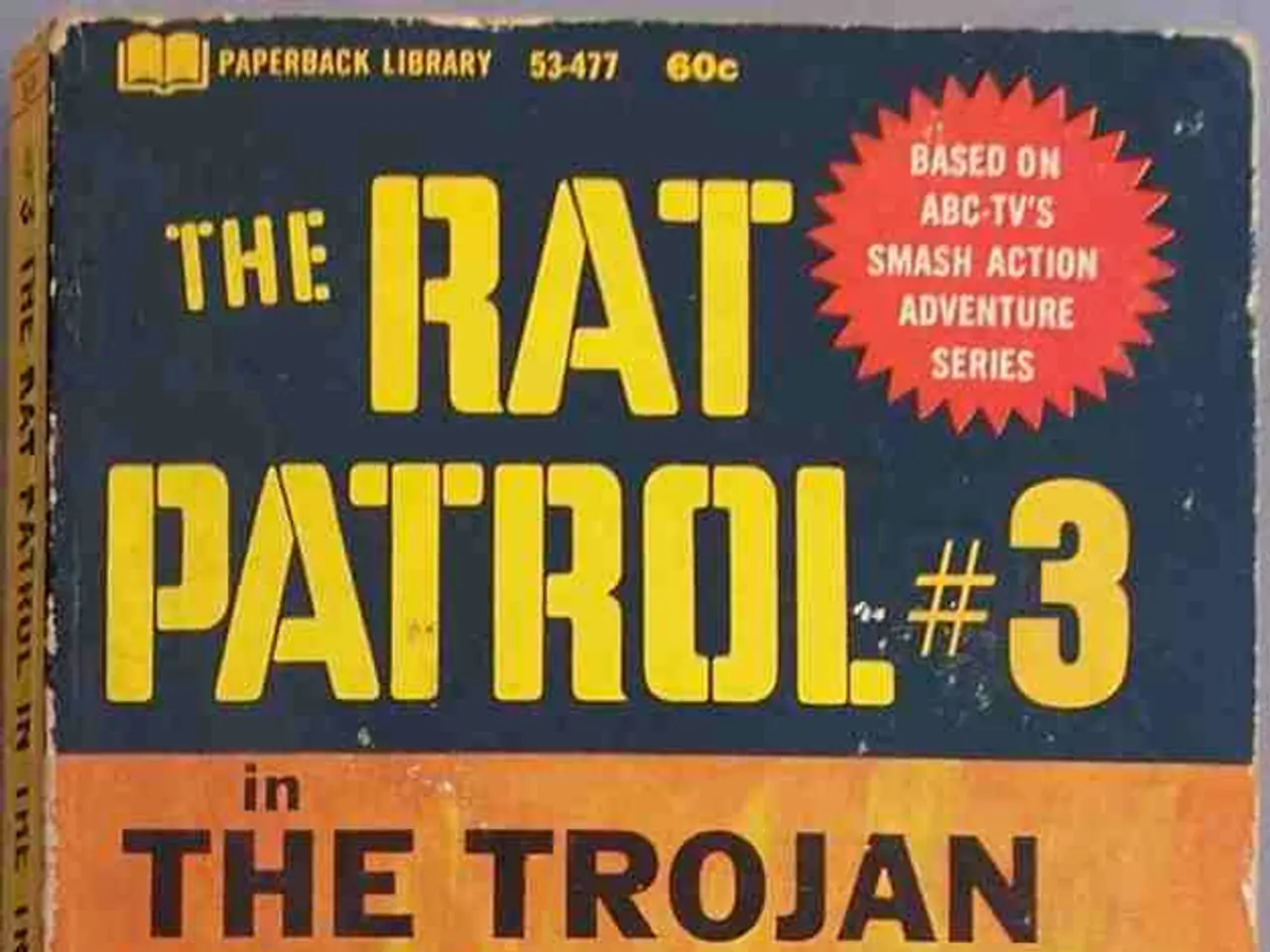US military actions pose a threat to regional peace, according to Venezuela's assertion
In the southern Caribbean, a conflict is brewing between the United States and Venezuela, centering on drug trafficking and regional stability. The US asserts that Venezuelan President Nicolás Maduro leads the "Cartel de los Soles," a major drug trafficking and terrorist organization, and is deploying troops and warships to combat these groups [1][3][5].
The US claims these operations aim to curb drug shipments allegedly coming from Venezuelan-linked criminals, threatening US security [1]. However, Venezuela strongly denies these accusations, asserting that it is a "clean territory, free of drug trafficking" and has taken significant actions such as deploying 15,000 troops along the Colombian border to fight drug trafficking, as well as dismantling shipyards used for building semi-submersible vessels employed by traffickers [2][4].
The US is planning to send three Aegis-class destroyers with guided missiles to Venezuelan waters as part of an effort to combat drug trafficking. This mission involves a nuclear submarine, a P8 Poseidon reconnaissance aircraft, several destroyers, and a warship equipped with missiles [5]. In response, the Venezuelan Ministry of Foreign Affairs has stated that the threats in Venezuela pose a risk to the peace and stability of the entire region, including the Peace Zone declared by CELAC (Community of Latin American and Caribbean States) [6].
Regional countries like Cuba maintain close ties with Venezuela and have historically supported the Maduro government, generally condemning US interventions as hostile and infringing on Venezuelan sovereignty. While the search results do not detail Cuba's explicit recent statements on this specific conflict, it is consistent with Cuba's long-standing political alignment with Venezuela against US pressure [7].
In addition to the military actions, the US has seized over $700 million in assets linked to Maduro, including two private jets and several vehicles. US Attorney General Pam Bondi accused Maduro of being a world's largest drug trafficker and a threat to Washington's national security [8]. Maduro was re-elected President in January, an election deemed fraudulent by the opposition and much of the international community, including the US [9].
Amidst the escalating tension, Maduro announced the deployment of 4.5 million militiamen throughout the country and called on them to be "prepared, activated, and armed" [10]. Furthermore, the Venezuelan Ministry of Transport prohibited the acquisition or use of any type of remotely piloted aircraft ('drones') throughout the country for 30 days [11].
This conflict reflects ongoing tensions where the US pursues a hardline stance accusing Maduro's government of narcotrafficking and terrorism, while Venezuela and its allies reject these claims and assert sovereign efforts to combat drug trafficking amidst escalating military posturing in the region [1][2][3][4][5].
References:
- The Guardian
- BBC News
- Reuters
- Venezuelanalysis.com
- ABC News
- Telesur
- CNN
- Justice Department
- Reuters
- Venezuelanalysis.com
- Reuters
Read also:
- Weekly happenings in the German Federal Parliament (Bundestag)
- Southwest region's most popular posts, accompanied by an inquiry:
- Discussion between Putin and Trump in Alaska could potentially overshadow Ukraine's concerns
- Massive 8.8 earthquake hits off the coast of Russia's Kamchatka Peninsula, prompting Japan to issue a tsunami alert.








